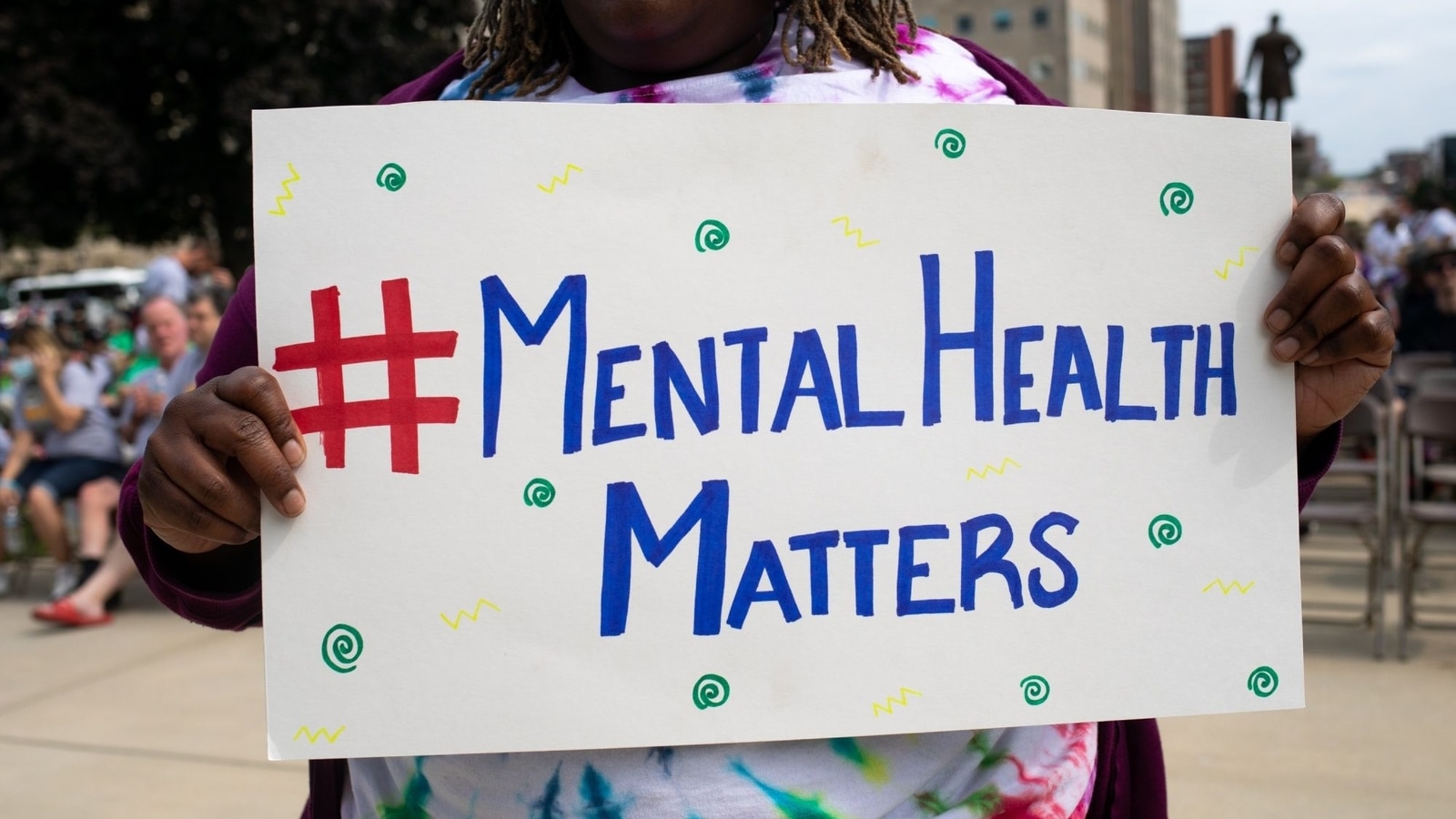A recent report that more women attempt suicide in India than men is a reminder of the unaddressed mental health issues faced by the former. The pandemic may have made things worse, but these problems have not been taken seriously for a long time.
About 150 million Indians suffer from mental health problems, according to the National Mental Health Survey. Depressive disorders are the leading cause of disability worldwide. Women are twice as likely to be diagnosed with a depressive disorder. Pathways of social causality include violence, adverse life events, oppression, and patriarchal hegemony, with minimal pathways for sociocultural expression.
Only a dismal 0.08% of the health budget in India is spent on mental health; very few organizations work in this sector and those that do are largely focused on urban areas. India lacks convergence between the social and health sectors. Female-headed households, family caregiving burdens, powerlessness in the family and social hierarchy, and lack of access to finance all contribute to deteriorating mental health among women. Leisure is a foreign concept to most women, who often end up displaying symptoms of mental health disorders, but are dismissed as being too high-strung. The lack of mobility makes women unable to seek help in time.
Fortunately, there are some strong non-governmental organisations, such as the Chennai-based The Banyan, that deal with mental health issues holistically. The Banyan administers mental health and social care services for vulnerable communities in need. This includes outreach services and mobilization of civil society responses to the needs of homeless women with mental health issues, emergency care and recovery services. Banyan’s flagship model, which has been scaled up by the National Health Mission in 13 districts of Tamil Nadu, includes inclusive living options through a model called Home Again for people without families to return. This model was hailed by the World Health Organization as one of the 24 best practices worldwide that offers long-term community support. A user of the service who requested anonymity says: “The streets are no place for someone with a mental illness. Especially if you are a woman, you are subject to some of the worst cruelties imaginable. Without services like The Banyan, some of us would have died. Now I am a human being, independent, earning a salary and living with friends who have become family.”
Mrinalini Ravi, deputy director of associations at The Banyan, says: “There is no health without mental health. But mental health care cannot be delivered effectively without the support of law enforcement, social welfare, education, women and children welfare, disability department, housing, panchayati raj systems and the municipal agencies, to name a few. The markers of poverty and deprivation must be addressed if services are to support holistic rehabilitation. Biomedical care is just one piece of the puzzle. Also, opportunities to share experiences, peer support and counseling are extremely crucial in alleviating stigma.”
The success of our Credentialed Social Health Activists during the pandemic received international attention. This network needs to be strengthened and workers trained to deal with mental health problems in rural areas. Models like The Banyan’s can be replicated if a genuine effort is made to address mental health challenges with a focus on women. The post-pandemic period offers an opportunity to address these neglected issues.
The opinions expressed are personal.
.
